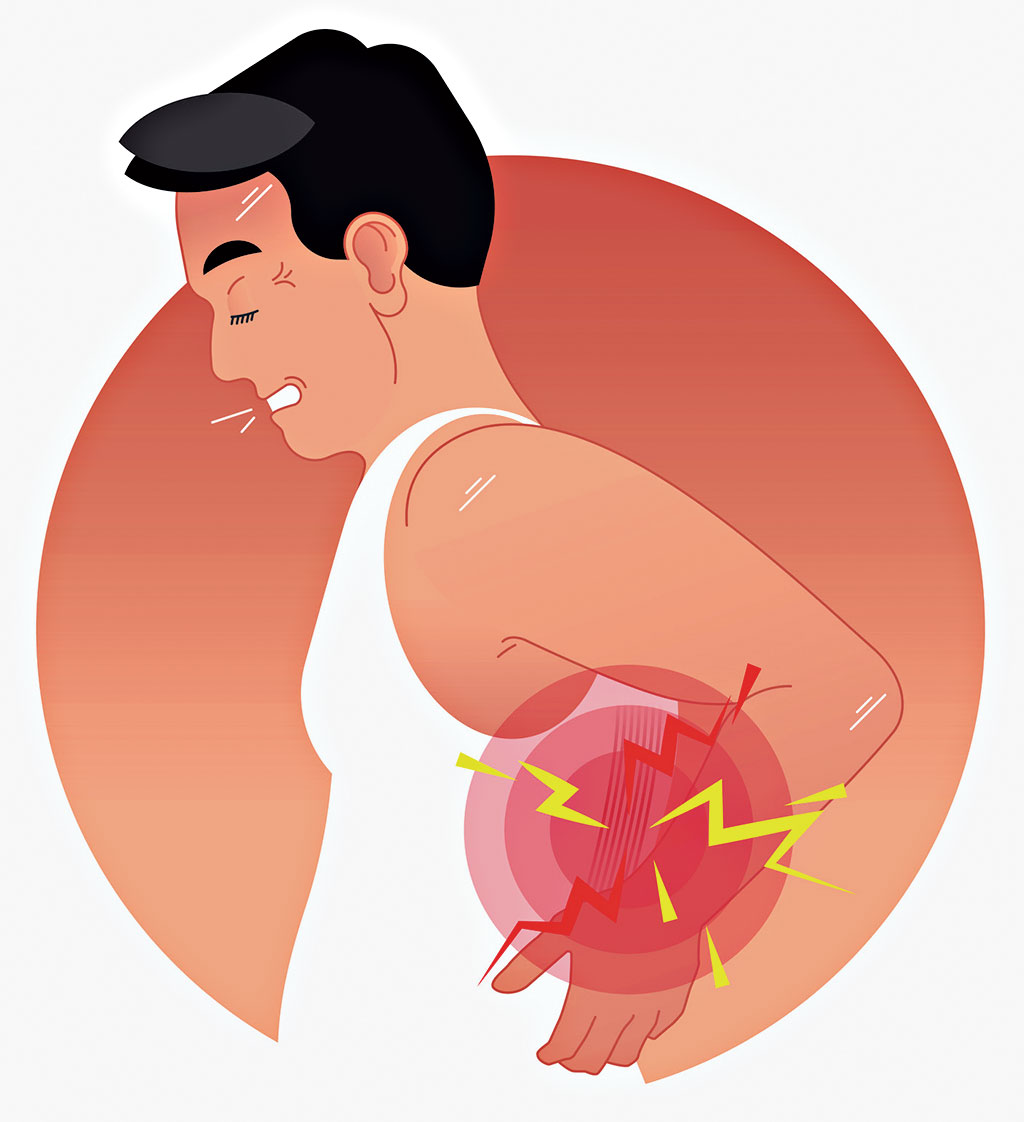A biological drug named ixekizumab may help treat patients with ankylosing spondylitis who have not benefited from standard therapy for this chronic inflammatory disease, medical researchers said on October 20, reporting the results of a clinical trial.
The US-based researchers said 25 per cent of AS patients who had received ixekizumab every four weeks had shown significant improvements in symptoms after 16 weeks of treatment, while only 12 per cent of patients who had received placebo treatment showed such improvement.
Medical studies suggest that AS, an autoimmune disease with symptoms of back pain and progressive stiffness of the spine, affects about one in 200 men and one in 500 women.
The standard therapy involves a set of medicines that block the tumour necrosis factor (TNF), a biochemical that drives inflammation.
But about 30 per cent of AS patients do not find relief from TNF blockers. In the clinical trial, the researchers evaluated ixekizumab — a biological drug, also known as a monoclonal antibody, that selectively targets IL-17, another biochemical linked to inflammation and AS.
The researchers conducted a double-blind placebo-controlled study — the most rigorous among clinical trials, in which neither the doctors nor the patients know who received the drug and who the placebo — classifying 316 patients into three groups. Patients in two groups received ixekizumab every two or four weeks; the others received the placebo.
After 16 weeks, 30 per cent of the patients who had received the drug every two weeks and 25 per cent of those who had received it every four weeks showed significant improvements in symptoms, while only 12 per cent of patients in the placebo group did so. The findings were published in the journal Arthritis and Rheumatology.
“Many people with this chronic debilitating disease are still searching for an effective treatment,” Atul Deodhar, a professor of medicine at the Oregon Health and Science University who led the study, said in a media release.
“These results provide support for ixekizumab as a potential treatment option for patients with AS.”
Senior doctors in India say that another biological drug called secukinumab, which too targets the IL-17 inflammatory pathway, has been shown to be effective in India against patients with both psoriatic arthritis and AS.
“Secukinumab, like ixekizumab, also targets IL-17 and is showing promising results on patients with psoriatic arthritis and ankylosing spondylitis,” said Meghana Gavali, a rheumatologist at the Nizam’s Institute of Medical Sciences, Hyderabad.











